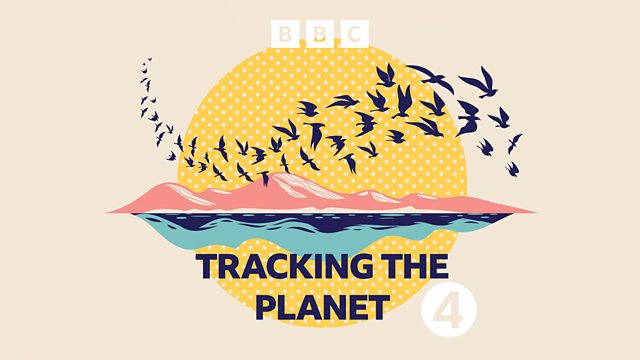Navigating the Anthropocene
Emily Knight explores the stories we can tell about our changing planet, through the data collected from billions of tracking devices on thousands of species of animals.
Our planet is alive. A dynamic, moving, pulsating organism. Air pressure rises and falls, ocean currents meander, and the climate continues, by tiny increments, to warm.
And at the same time, billions of animals are on the move.
All over the planet, animals are fitted with sophisticated tracking devices by teams of dedicated scientists, which tell us so much about what they’re up to. From rhinos in bulky satellite collars, to microscopic chips glued to the back of a bee, they record where the animals go, what they eat, and how and why they migrate across the globe.
But they record so much more than that too – modern trackers can also log local climactic conditions, windspeed, temperature, even some measures of the animal’s own health; heartbeat, or skin temperature. Every tagged animal is transformed into a tiny dynamic weather station, collecting data on climactic conditions and the health of ecosystems, which would be impossible to collect otherwise.
Diving Weddell seals bring back data on the melting speed of a deep water glacier. Roving Tiger Sharks uncover previously unknown sea-grass habitats. High-flying sea-birds on annual migration tell us about changing wind patterns across the tempestuous equator, and farm animals in the mountains of Italy, moving nervously in their fields, give a silent alert: an earthquake is on the way.
In this series, Emily Knight explores some of the stories that can be told about the animals that call this world home, and the much larger over-arching story too: How the changing conditions on this planet are transforming THEIR lives, changing their migration routes, re-positioning their food-stocks, bringing new diseases or challenging weather. We can track how they’re coping with it all, and how, sometimes, they’re not.
Last on
Broadcast
- Thu 28 Mar 2024 16:00������̳ Radio 4

